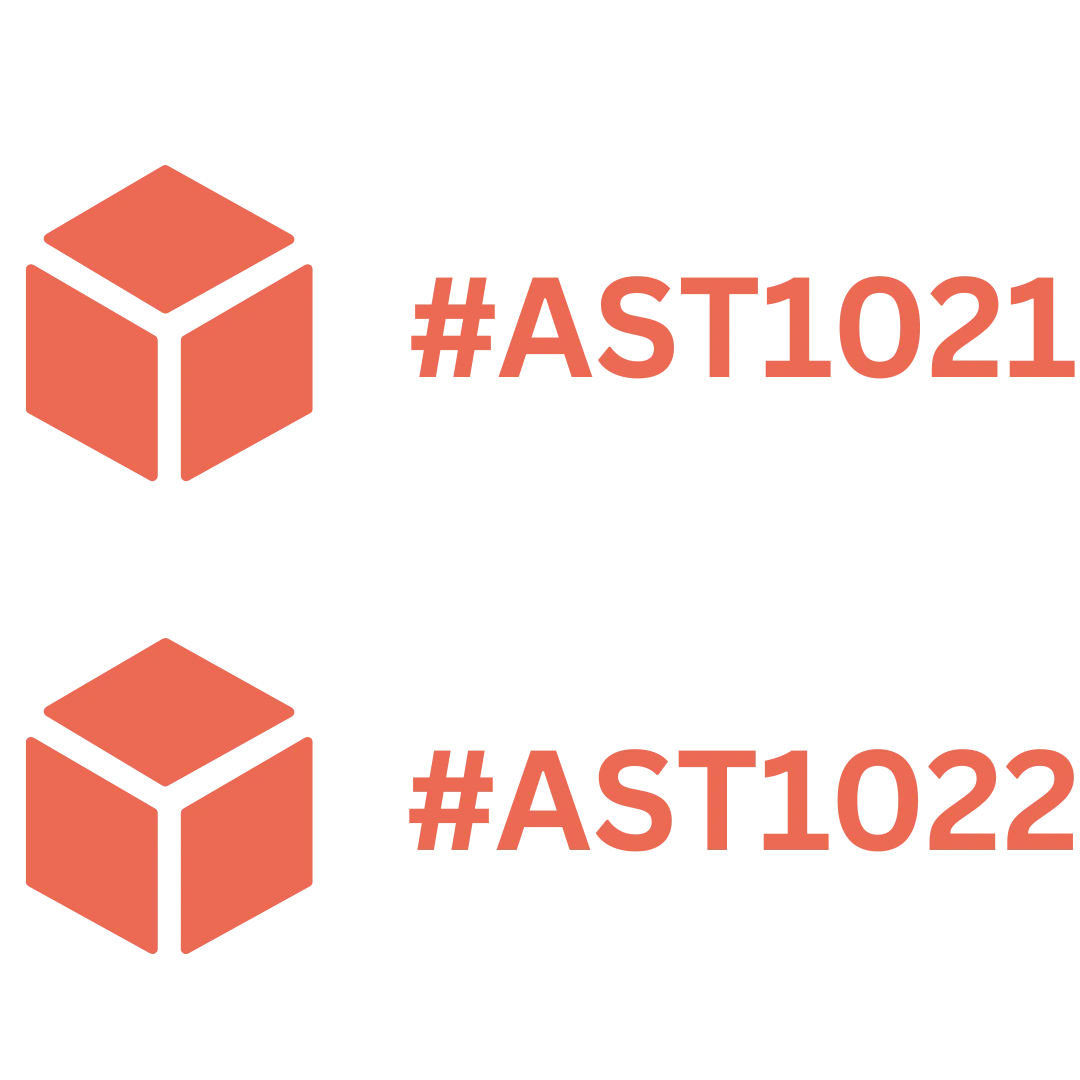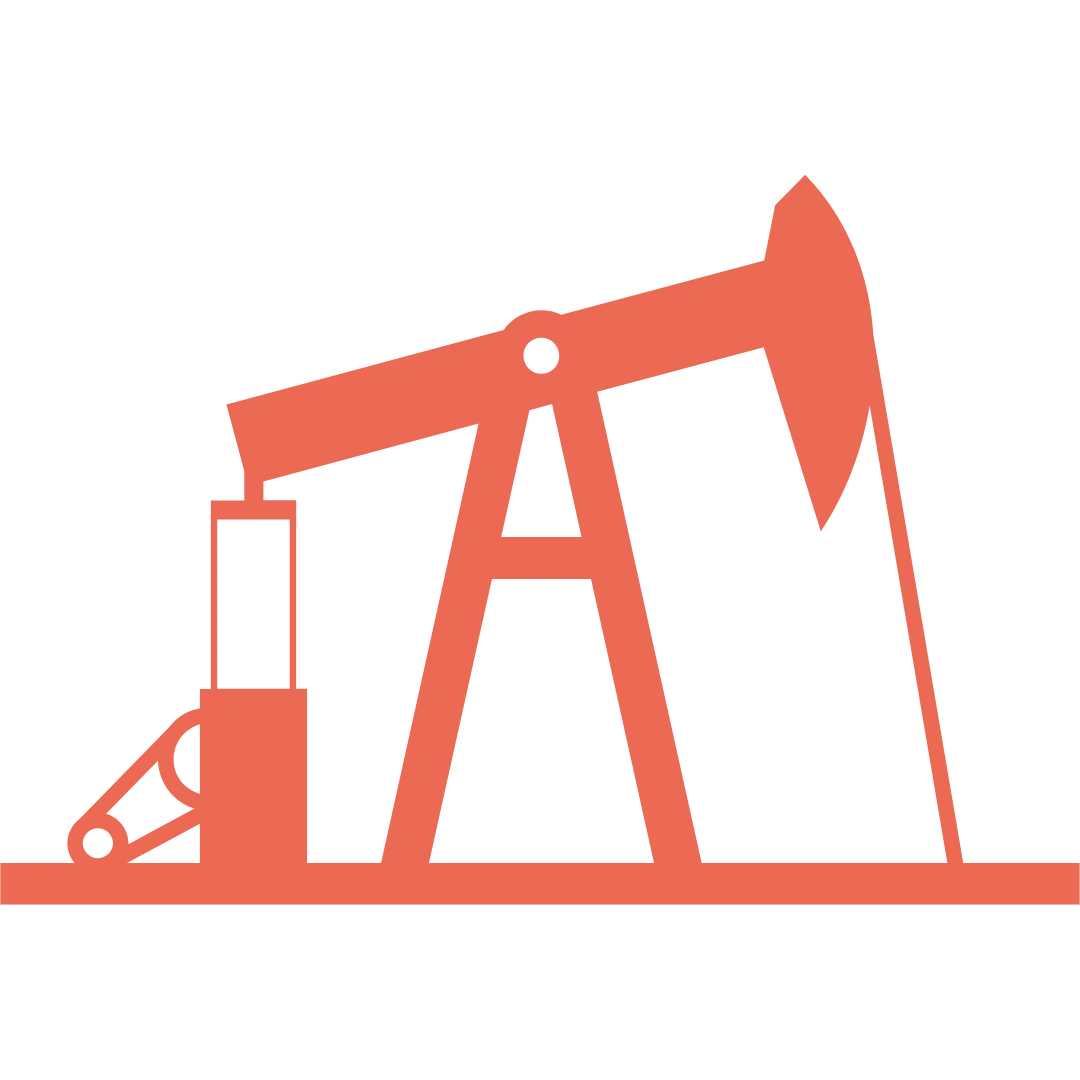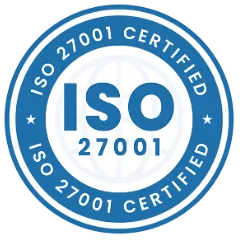A leading oil & gas firm has several working locations. Each location comprising of land rigs, sub-sea & vessels. These locations are maintained by hundreds of technicians.
Each working location has locations hundreds of technicians.
Now imagine the schedule of technicians for managing all these assets at several different locations! Hard, hectic & exhausting, right?
The oil & gas industry market is huge. According to Globe News Wire, “The global oil and gas market is expected to grow from $4677.45 billion in 2020 to $5870.13 billion in 2021 at a compound annual growth rate (CAGR) of 25.5%.”
Asset management in the oil & gas industry is important! You may ask, why? The oil & gas industry is equipped with a lot of assets and they have complex operations.
For the oil & gas industry without assets daily operation cannot be completed! So, assets are very important for not only daily operations but for business as well.
When an organization has inventory or is connected to logistics it is important to keep track of the package because business operations depend on inventory.
As growing operations become vast their assets going far and far from one location to another.
So, keeping track of them is important that too in real-time! What is the solution to all these problems? Asset management software! This software can be very beneficial in many ways!
Therefore, in this blog, we will know how asset management software helps the oil & gas industry! But first, let us know what is asset management.
What Is Asset Management?
Asset management is the strategic approach to keep track of assets. It provides control over your assets.
Asset management is an effective approach to extend asset life, when asset life is extended the machine efficiency is improved and it leads to a better return on investment.
Asset management not only assists in asset tracking but also helps in tracking the maintenance of each asset. It is a very important aspect, asset management enables managers to schedule maintenance for each asset so that asset breakdown or any type of asset issue can be avoided.
Furthermore, it provides data that helps in decision-making. It helps organizations to achieve more value from an asset and reach their end goals.
Overall, asset management focuses on planning, controlling assets. From the procurement of assets to disposal, asset management helps. It maximizes asset value by minimizing maintenance expenses.
Thus, asset management in the oil & gas industry is very important.
How Asset Management Software Helps the Oil & Gas Industry?
Asset management software helps the oil & gas industry in various ways:

1. Optimize Asset Performance
Each asset's Performance is very significant for business. For instance, if asset performance is optimized and if is working fine without any issue then productivity will increase and it will lead to better production work.
Now imagine, a lot of asset productivity improves! How impactful it will be on the organization's bottom line.
2. Maintaining Records
Without automated software, you will not be able to keep track of asset expenses.
However, with automated software, you can keep track of asset maintenance expenses records, purchase records, performance records, and so on. It is very helpful in making crucial business decisions.
When you are maintaining records, you must maintain records of technician performance and cost incurred in each asset maintenance such as installing new inventory or spare parts.
With the software, you can also keep records of asset maintenance history, asset movement, etc.
3. Decrease Downtime & Increase Uptime
As each & every asset is crucial. Downtime must be minimized as much as possible. Furthermore, uptime & availability of asset is increased.
Asset maintenance is very important to decrease maintenance expenses. Furthermore, effective asset management contributes to extending asset life.
Downtime creates a negative impact on business operations that is why maintenance is important. It decreases the downtime of assets and increases uptime, availability, and performance of assets.
4. Proactive Maintenance
Maintenance is important it does not matter what your business deals with. If your organizations have assets they need to be maintained.
To keep them maintained organizations utilize proactive maintenance. Oil & gas-based organizations must utilize proactive maintenance because these organizations have a complex daily operation and a work halt can occur if an asset breakdown occurs.
For every work order or maintenance task, technicians are assigned and they are notified about the same. Organizations equipped with automated software have service levels optimized than other organizations.
Also Read: Proactive Asset Tracking for Oilfield Management with Asset Infinity
5. Effective Audit
An audit is done to verify assets physically. It is also crucial for depreciation management. Furthermore, with the audit process, you can identify ghost assets.
With the help of asset management, you can eliminate ghost assets easily. Auditing also helps in following regulatory compliance.
During an external audit if it is found that you are not following rules and regulations as per the compliance then the organization will end up paying a huge penalty.
The audit process also helpful to organizations by discovering bottlenecks in the daily operations.
Also Read: Accurate Asset Depreciation for Better Financial Control
Conclusion
At the end of the day, we want our business to grow and we know assets play a key role in business. When they are maintained, their performance is good, the daily operation works and no hindrance occurs.
Business productivity suffers a lot when your assets are not working effectively and daily operation and organization are asset dependent. Thanks to asset management software you can easily manage & monitor assets.
There is no doubt that this software is the key to success. Generating revenue is important for business but saving the business from unnecessary expenses is equally important as well.
You will notice an improved bottom line with the software. Asset management in the oil & gas industry can be very fruitful.
If your organization is not equipped with asset management software it is the high time you can maximize your profit margins by minimizing inefficiency.
Frequently Asked Questions (FAQs)
What are ghost assets?
Ghost assets are those assets that are mentioned in the account book but physically they are not available for utilization.
It is not good for business because ghost assets are missing assets either they are stolen or somewhere put and forgotten. These assets need to be removed from accounts in the right way otherwise your business will be penalized.
What are the benefits of asset management in the oil & gas industry?
The benefits of asset management in the oil & gas industry are as follow:
1. Asset tracking
2. Inventory tracking
3. Scheduled preventive maintenance
4. Avoid sudden breakdown
5. Reduced maintenance expenses
6. Auditing
7. Avoid theft & misplacement
8. Reminder for maintenance
9. Recording of asset-related expenses
10. Improved productivity
Which type of maintenance is used by asset management software?
Most of the time preventive maintenance is used by asset management software. Preventive maintenance schedule maintenance based on defined frequency by the maintenance manager.
For instance, asset maintenance can be daily, weekly or monthly basis. A reminder is sent when maintenance work is delayed.

















































.webp)
.webp)
.webp)
.webp)
.webp)
.webp)
.webp)
.webp)
.webp)

.svg)




.webp)
.webp)











































.png)




.webp)



















